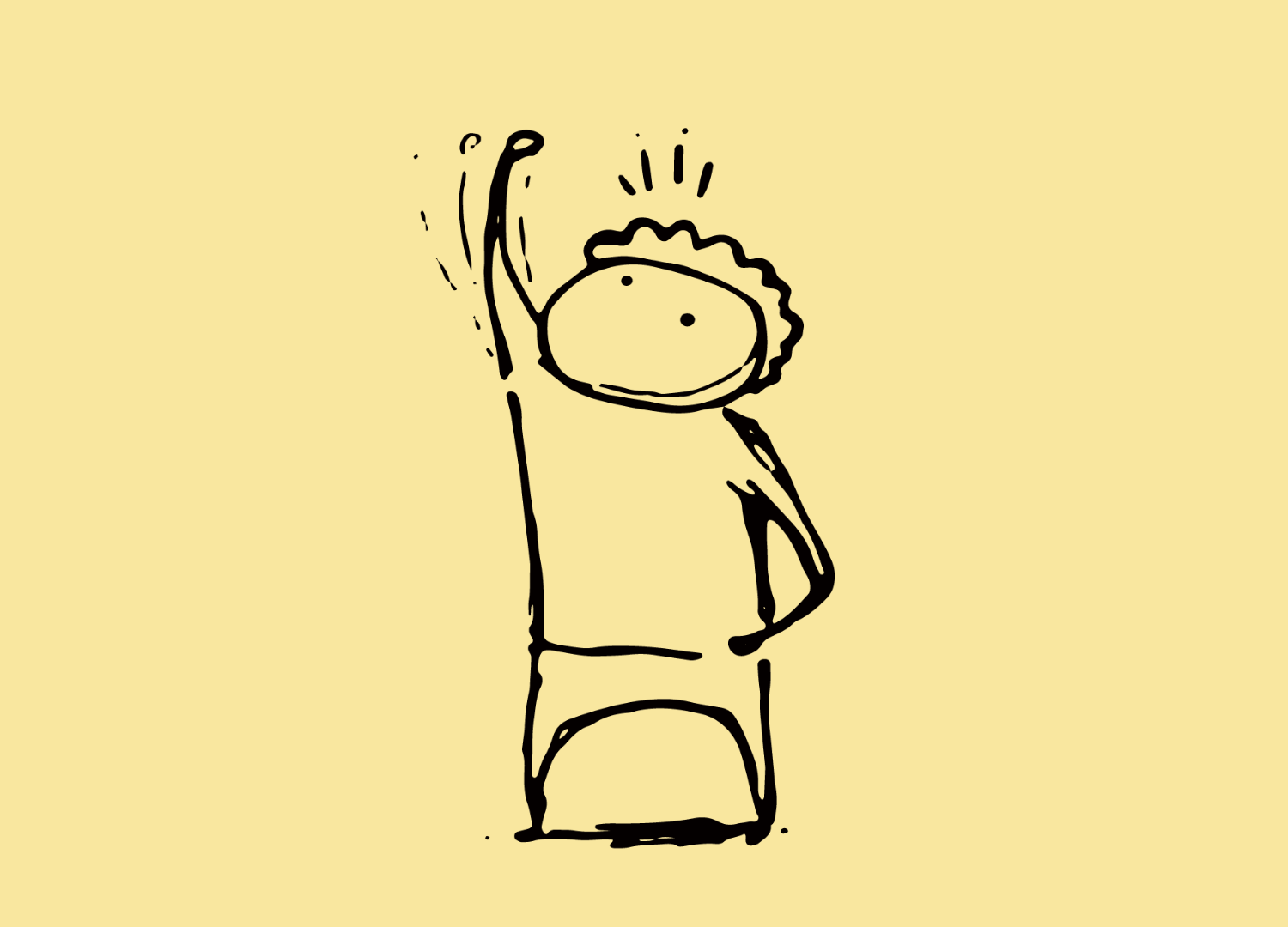December 5, 2023

I stood in front of the class and stared at the faces in front of me. Faces that I had seen many times. Faces belonging to my students, my students who I cared about deeply. Students who I laughed with, worried about, prayed for, and rooted for. I looked at their faces, not quite believing the reason that I was standing there. More importantly, not knowing how to address the elephant in the room. One of these bright beautiful children had been using the “n” word.
My classroom was no longer the simple place of childhood. The childish whispers took on a new meaning, the laughter sounded somehow less humorous. My classroom was no longer innocent. One of my students had had their innocence shattered. They would now, for the rest of their lives, wonder what the people who were smiling in their faces, were saying behind their backs. I had thought that they would be spared that heartache. At least for a few more years. I had thought that my moving to elementary school would help create a more inclusive community. I suddenly realized that it was not only my students who had lost their innocence. I had lost a bit of mine.
There has been a great deal written about teachers leaving the profession. Across the country, we hear of school systems who are experiencing teacher shortages because fewer people are entering the profession than ever before. We hear about burnout, the low wages, and the general lack of respect for the profession. We hear about the policies, the workload, and the testing culture surrounding education. We rarely hear about the loss of joy, and the loss of innocence from the viewpoint of the teacher.
No one goes into education for the money. Most people go into it because they believe in and care about kids. At the beginning of each year, you see classrooms across the country that are cheerful and hopeful. By the end of the first quarter, these classrooms are in different places. The joy, the excitement and the sense of wonder is lost. It has been replaced by papers, tests, reports and deadlines. Innocence itself can even get lost in a war over who gets to remain innocent, and who does not.
So, I stood in front of a group of 9-year-olds who were using words that they had heard. Words that they had learned. Words that had stolen their innocence to see their classmates and their teacher as people deserving of respect. Instead, they now associated the people around them with a word that they didn’t truly understand. These students were sitting beside students who had been called a word that they may not have understood but knew that it made them feel bad for being who they were. They knew that it was a word meant to hurt and demean them. They knew that it was said by people that they thought were their friends.
Classrooms are places for learning. Not only for learning about academics, but for learning about life. School is a microcosm of society. The little society that I thought that I had created in my classroom had just been invaded by another society. Invasions, no matter how big or small, will always have casualties. In this invasion, the main casualty was innocence. My students were hurting. They were wounded. Even if they didn’t know it. Our classroom environment had changed. Trust had been broken. Fear and doubt had set in. As the teacher it is my job to help my students. But how could I help my students, when I was one of the walking wounded?
The need for self-care in the teaching profession is a relatively new concept. Mental health days are often talked about, but rarely given. Teaching is perhaps the only profession that when you need a day off, you have to further stress yourself by having to write out plans, make copies, and in some cases arrange for someone else to do the job that is stressing you out. I needed to talk to my students. Before I could do that, I also needed to talk to myself.
Innocence is about hope.
Young children are innocent because they hope and believe that things will work out. I had to find hope again, before I could speak to my kids. That was the key. They were my kids. I couldn’t give up on them. I wouldn’t give up on them. I believed in them. To paraphrase Maya Angelou, I believed that if they knew better, they would do better.
I stood in front of my students and read a poem. A poem that I wrote from my perspective. Not the perspective of my students.
I wanted them to see how words and that word in particular, made me feel.
No lectures.
No finger pointing.
No punishments.
Only the hope that they would understand and learn.
Teaching is about hope. Hoping that your students are learning. Hope that they are enjoying your class. Hope that they are safe at school and at home. Hope that they will grow to be productive citizens. Hope that maybe, just maybe they will remember you with a smile.
It is difficult to stay innocent in a world that tries to steal and destroy your innocence in small and large ways every day. But as long as I can hope, I can still believe. As long as I believe, I still can be innocent.
As long as I am innocent, I can still teach and know that I am making a difference to help someone else stay hopeful and innocent.

